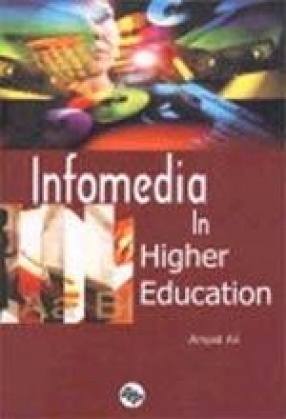
Amjad Ali

Showing all 12 books

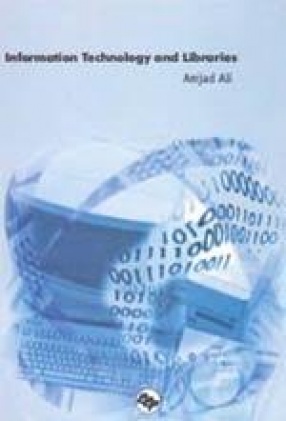
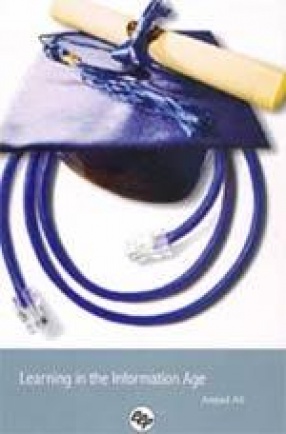
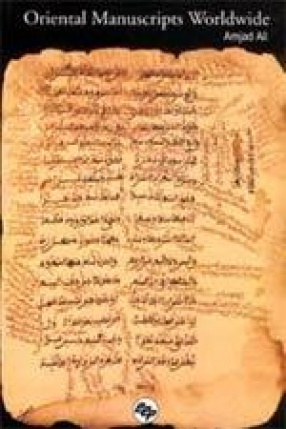
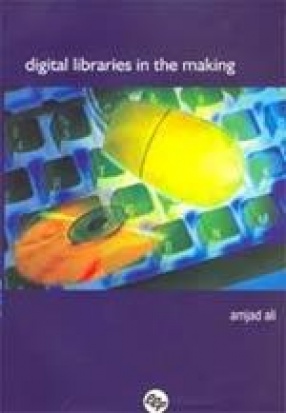
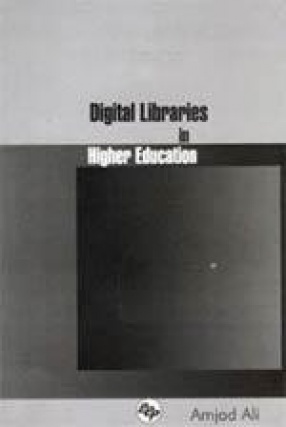


This book incorporates the historical development of educational media and the latest trends in digital technology being applied for collection, storage, management and dissemination of information. It is intended to meet the specific requirements of the students of library and information science, librarians, information professionals, educators and media managers.
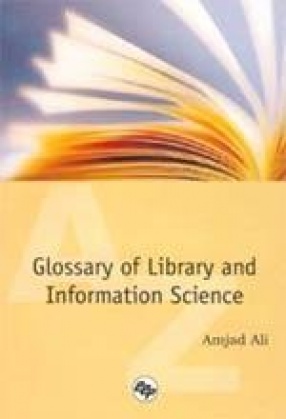
Libraries are effected by changes taking place in the society. The change is reflected in their services, practices and techniques of information management. The last two decades witnessed adoption of a record number of new terms for library and information related activities as influenced by the application of computers and advent of internet. The Glossary has been compiled for students of library and information science, working librarians and information ...

Information Technology (IT) is fast becoming a part of everyday life. Computer and Internet have emerged as the most popular tools of IT in the twenty first century. They are increasingly being used for collection, storage and dissemination of information across the physical boundaries of nations and without involving any considerable amount of time. Libraries are primarily concerned with information. They have greater scope for application of IT compared with ...

Information and communication technologies are making inroads into the educational system all over the world. The mass media has also been pressed into service to complement education and research in many countries including India. The new electronic media are bringing information and education closer and closer day by day. As a result, self-learning has become a common feature and more and more academic institutions are being converted into virtual campuses. ...
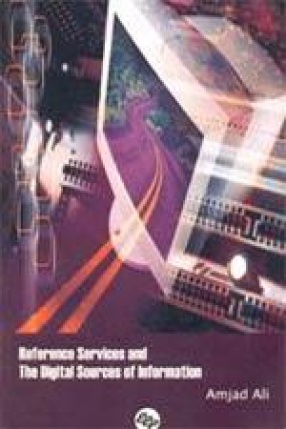
The last few decades have witnessed an unprecedented growth in the quality of information on all aspect of life. As a result, libraries have experienced drastic changes in respect of their holdings, management techniques and retrieval of information. The invention of computer and the advent of Internet complicated the process of locating desired information due to the vastness of resources. The ultimate aim of a library is to serve its users and to give them ...
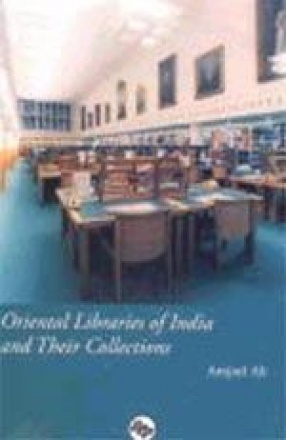
This book presents information about the premier oriental libraries of India and brings together details about their collections irrespective of their locations or languages. Many sources including catalogues in English, Urdu and Hindi and a number of internet websites have been consulted for this work. Printed materials as well as manuscripts in Sanskrit, Hindi, Tamil, Tibetan, Urdu, Persian, Arabic and English have been covered as part of the collections of ...

Human beings learn through experiences and pass the skills so earned to their posterity. Manuscripts are the manifestation of such experiences into physical form recorded by hand at different times. Manuscripts always remained useful to the society since they represent the selected fragments of time, which help in recreating the past and deciphering the history of mankind. Looking at the world history, one finds that the East has always had an edge over the West ...

The advancements in science and technology led to miraculous changes in the art of recording and reproduction of knowledge, making it possible to preserve huge quantities of information with greater accuracy, economy and durability. Digital libraries are the future avatars of the present day libraries. Most of them are in the process of making and are generally being developed in isolation by a number of organizations, specially the educational institutions all ...

Digital Technologies are making inroads into the system of education all over the world bringing information and education closer and closer day by day. As a result more and more educational institutions are being transformed into virtual campuses. Digital libraries are emerging as substitute to the traditional libraries with enhanced facilities at a lower cost. It may be said that the infrastructure does not exist suitably to the benefited equally from the ...
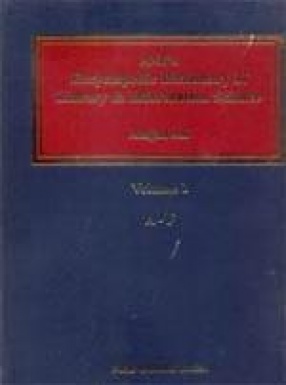
The Encyclopedic Dictionary of Library and Information Science I the first of its kind which has been compiled keeping in view the current needs of the library and information science students and practitioners. The work becomes more relevant today with drastic changes in the field brought out by the latest advancements in Information technology and its application in gathering, recording, retrieving and dissemination of information for all types of human ...

Over the last many centuries, human beings innovated different methods of transferring information to distant places with ever-improving quality and efficiency. They brought information revolution, which transformed the entire world into a global village. It took place in varied periods of history and the most notable of them was set off by invention of the printing press in the fifteenth century. Information Revolution has now taken a new form of ...
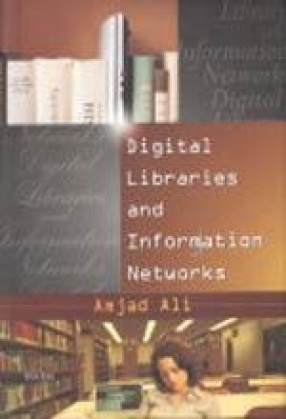
Digital Libraries and Information Networks provide us a huge quantity of information without any limitation of time and space. They are increasingly being used for preservation of the linguistic, literary, historical and cultural heritage besides fulfilling the other social needs and also for access to information in a simpler, cheaper and economic way. Besides, they support teaching and learning and allow the new media of information to be managed more ...
